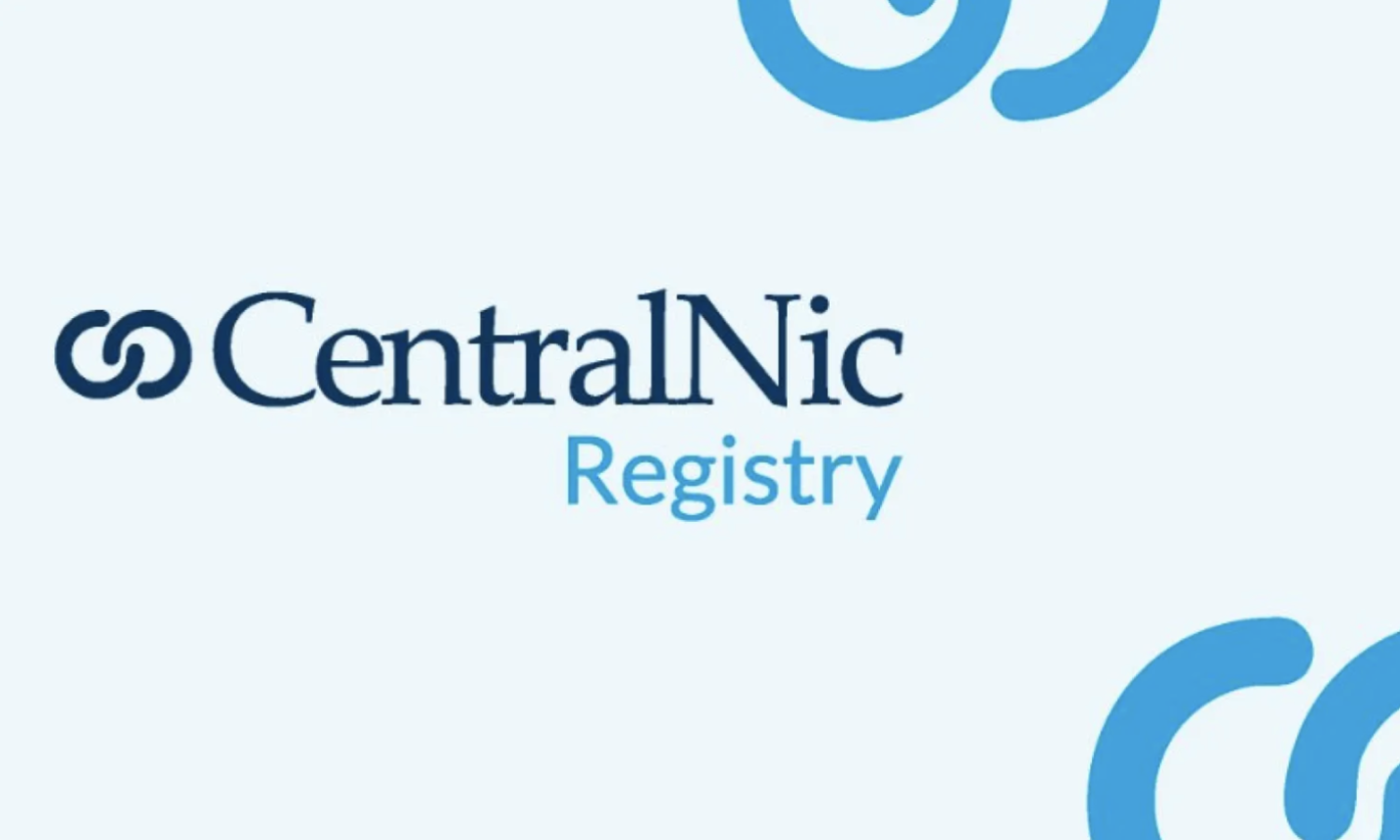i2Coalition Member Spotlight Q&A: CentralNic
CentralNic’s software platforms make it easier to manage difficult aspects of domains with customers spanning small businesses, corporate customers, resellers, domain name investors, and domain name registries. With more than 25 years in the domain and web services industry, CentralNic has been a leader in domain names and associated web services solutions. The i2Coalition is pleased to welcome CentralNic to its ranks of Internet Infrastructure organizations as a new member company.
We asked Gavin Brown, Head of Registry Services at CentralNic PLC, some questions about the company’s many interesting services and why it was important to join the i2Coalition.

i2Coalition: Could you give us a quick overview of CentralNic and where it is today?
Gavin Brown (CentralNic): The CentralNic that exists now is a product of almost 10 years’ worth of mergers and acquisitions. The current business is kind of split into two general halves: online identity and online marketing. The online marketing businesses includes products like Zeropark, ParkingCrew, Voluum ,and TONIC; which are for domain parking, online advertising, and so on. And then the online identity part of the business is the domain reseller platforms like Hexonet , RRP Proxy, PartnerGate and so on—and then also the brand services: BrandShelter, NameAction, and SafeBrands. We have some retail properties like Only Domains, Instra Corp, and Internet.BS; and, obviously, the part that I’m responsible for, which is Central Registry, a registry service provider.
Central Registry is the oldest part of the company, and gave its name to the rest of the group. It has its origins back in the nineties, when it had a portfolio of two-character dot-com domains like UK.com and US.com, and was offering third level registrations. Since then, it expanded out to providing backend registry services. So it operates TLDs on behalf of other people, ranging from ccTLDs small and large, and new gTLDS.
i2Coalition: As I understand it, you take a lot of complexity out of running a TLD for your clients.
GB: When you have the contract to run a gTLD, or you’re responsible for operating critical Internet infrastructure, which is a pretty important responsibility and comes with a lot of obligations. So you have to run a rock-solid DNS platform. You have to interact with the different ICANN-accredited registrars in order to be able to market the domains. And you have to meet all of ICANN’s roles for the technical specifications, but also the operations of fair and equal treatment and meeting service level requirements and reporting and so on. So a lot of people were interested in applying for a TLD, but didn’t want to do all of that themselves. It’s quite specialized with the kind of protocols you have to run, and not the sort of things you can buy off the shelf. So, people interested in applying procured the services of specialist service providers and all the different service providers out there.
i2Coalition: I also imagine that in addition to the new TLDs, a lot of more established companies may want to offload some of the pain points of running a registry by using your service.
GB: Yes, and that includes some of the sort of traditional ccTLDs that traditionally would have operated their own infrastructure. I think as everything else moves to the cloud people’s appetite for running on premise infrastructure is starting to change, and people are being more and more interested in the idea of outsourcing something that’s not central to their operations or if the costs of running those elements are too high. They’re becoming more and more willing to consider using a specialist service provider like a SaaS platform, which is essentially what we are. We would provide that sort of managed platform and software that allows the TLD operators to focus mainly on the business side of things. So they worry about marketing and raising awareness and making sure that policies are fit for purpose, and that they’re responsive to the needs of their stakeholders. And we take care of a lot of the background stuff – the backend stuff, the infrastructure, but also things like dealing with support and billing and that sort of thing.
We take care of that for our partners. We have the experience to match technical specifications to the world of policy. They never need to worry about that sort of thing. We know we did all of the work needed to make our systems and our partners’ businesses compliant with GDPR. Sometimes people don’t know what they need. So they come to us, and we provide them with help and advice on developing their policies, developing their business plans, and guiding them towards best practices.
i2Coalition: CentralNic obviously has a lot going on in terms of enabling services for a wide bunch of customers, and with special attention to compliance, security and privacy. I’m wondering how you feel joining the i2Coalition fits into your organization, its goals, and values?
GB: The i2Coalition represents the Internet’s infrastructure in a cohesive way. Our decision to join the i2Coalition was largely driven by the recognition that we have a very global company. We have large subsidiaries and large numbers of staff in North America and Europe and Asia Pacific. We obviously have a global view. Our participation in the i2Coalition will help us work together, stay informed and share trends and emerging issues with a global perspective.

